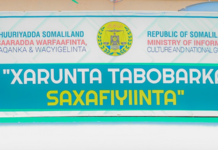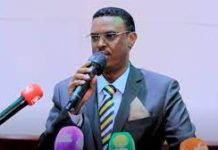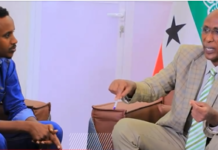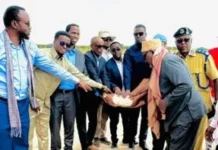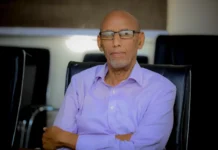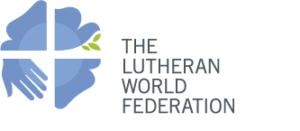The Lutheran World Federation (LWF) is set to launch a new initiative to reduce escalating religious tension in Ethiopia, in an expression of its mandate to promote peace. Peaceful coexistence between Muslims and Christians has eroded in recent years with violence in some parts of the country.
The two-year project, funded by Norwegian development agency Norad, will be implemented by LWF member The Ethiopian Evangelical Church Mekane Yesus (EECMY), in collaboration with the Inter-Religious Council of Ethiopia and will be launched in September 2018. EECMY has more than 15 years’ experience working on ethnic and religious conflict.
The project will host forums and meetings to discuss inter-religious issues. Inter-religious councils will be set up in the two target districts of Oromia regional state and an early warning mechanism will be put in place so problems can be resolved early on.
Dr Ojot Ojulu, LWF Assistant General Secretary for International Affairs and Human Rights, said the situation in Ethiopia was complex.
“In some regions where Muslims are minorities they might face discrimination from local authorities and the same is true in regions where Christians find themselve minorities. There are growing fundamentalist tendencies to not tolerate the other. Sometimes politics – competition for power and positions – is used to instigate violence. Religious identities are manipulated.”
By bringing religious groups together, it is hoped they will learn from one another. “When there is no interaction, even little things get out of control. We want to help establish or re-establish peaceful channels for handling grievances so people can easily come together and resolve misunderstandings.”
The project would also work with local authorities to create better understanding of separation between state and religion, as well as freedom of religion in the Ethiopian constitution and international standards that Ethiopia had ratified.
Women and youth would be involved. “It will empower them to take their rightful place in peacebuilding among their respective ethnic or religious groups.”
In addition to reduced tension, success will include greater awareness by pastors on Islam and by Muslim leaders on Christianity and positive inter-religious narratives. Local authorities, would better understand the constitutional division between state and religion and how to handle religious conflict.
Dr Ojulu said the political environment had change dramatically in last five months. New prime minister Dr Abiy Ahmed has promised to change restrictive laws on civil society organizations, media and political freedoms. “Peace-building and human rights advocacy were severely restricted before but with the new leadership, there is hope this will change,” Dr Ojulu said.
Last month, the Ethiopian and Eritrean governments signed a peace declaration formally ending 20 years of war, which the LWF commended them on in a letter written by General Secretary the Rev Dr Martin Junge.
The LWF carried out a similar peace-building program in Indonesia, encouraging young people of different religions to come together and use communications tools, such as social media, to promote inter-religious relations and diffuse tension.


